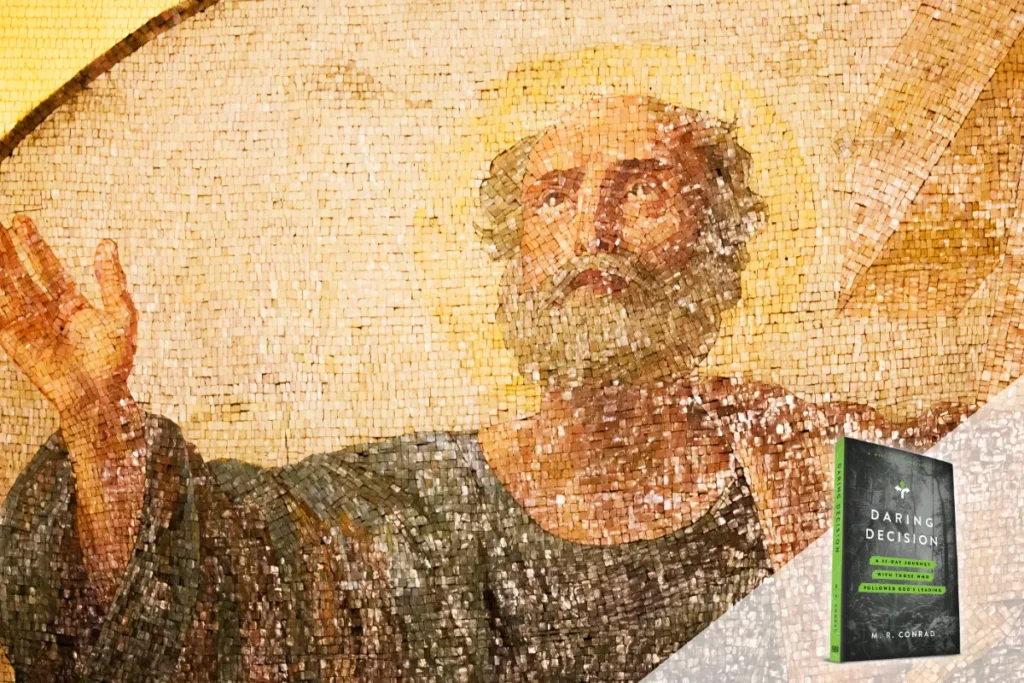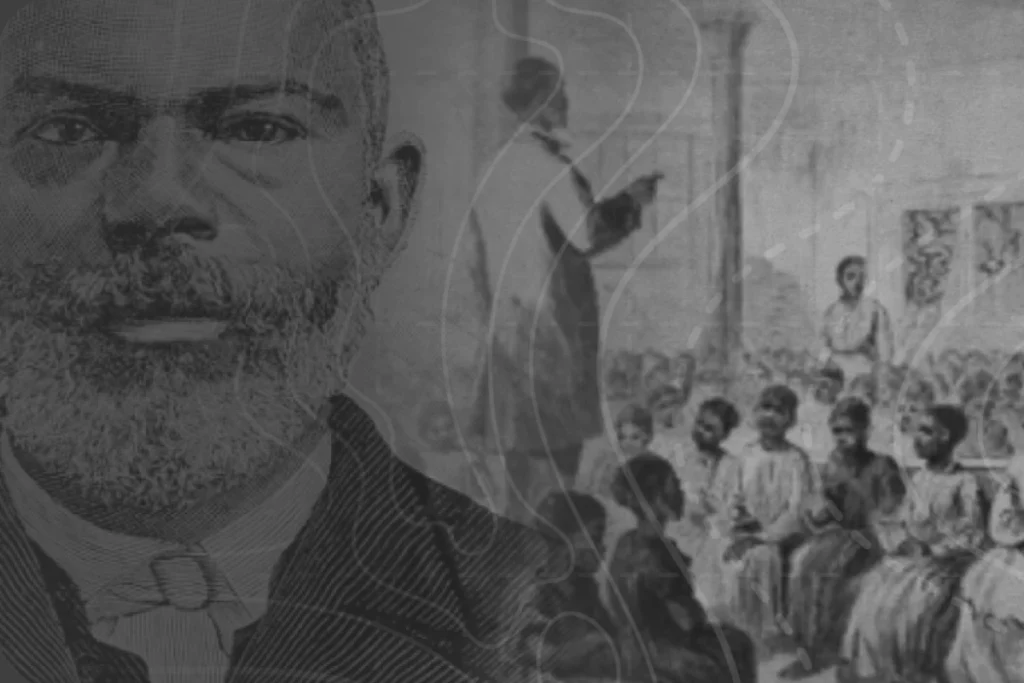
Blog
Gutenberg and Luther

At the end of October, Protestants around the world give thanks to God for the Reformation, the sixteenth-century movement which reclaimed the glorious doctrine of salvation by grace from the obscuring veils of Roman traditions. On October 31, 1517, Martin Luther sounded the birth of the Reformation by posting his Ninety-Five Theses in protest of the sale of indulgences by the Roman Catholic Church.
We summarize the Reformers’ convictions with five solas: sola Scriptura, sola fide, sola gratia, solus Christus, and soli Deo gloria. All of them are precious, but I’d argue that the greatest of them is the first: sola Scriptura. I elevate it not because it is inherently more significant than the others, but because it is the source of the others (and thus is referred to as “the formal principle of the Reformation”). If we don’t acknowledge the authority and sufficiency of the Word of God, we have no basis to determine anything, including the way of salvation.
I was reminded of the importance of the Bible to the Reformation from an unlikely source several years ago. Victor Hugo wrote the following historical commentary during one of the rather frustrating plot lapses in The Hunchback of Notre Dame:
The sixteenth century shattered religious unity. Before printing, the Reformation would just have been a schism; printing made it a revolution. Take away the printing press and heresy is enervated [weakened, destroyed]. Be it fate or providence, Gutenberg was Luther’s precursor.
Printing made [the Reformation] a revolution.
What Hugo highlights is the importance of the printed word—indeed, of the printed Word! In God’s providence, the Reformation took place at a time when thought and religion had been freed by Gutenberg’s printing. This was no coincidence. An unbending commitment to the Bible started, informed, and spread the Protestant Reformation. Luther’s main contribution to the Reformation was his commitment to Scripture, stated often, but never more beautifully or boldly than in his defense at the Diet of Worms:
Unless I am convicted by Scripture and plain reason—I do not accept the authority of popes and councils, for they have contradicted each other—my conscience is captive to the Word of God. (Roland Bainton, Here I Stand, p. 182)
My conscience is captive to the Word of God.
“Unless I am convicted by Scripture.” Yes. “My conscience is captive to the Word of God.” Amen.
That’s the genius of the Reformation in a nutshell. Indeed, it’s Christianity in a nutshell. Luther and the Reformers didn’t get everything right. They couldn’t have. But their role was like that of a good teacher—not to teach students every fact they will ever need to know, but to teach them how to learn. The Reformers reminded the church how to learn—how to think—by pointing us to the Scriptures and away from human authorities.
Unlike the Roman Catholic Church—which did and does hold to the inspiration of Scripture—the Reformers also championed the sufficiency of Scripture. It is God-breathed, and therefore it is profitable to save, mature, and equip believers for service (2 Timothy 3:14–17). Therefore, the faithful preacher is commanded only a few verses later to “preach the Word” (2 Timothy 4:2)—and nothing else.
May we, the Reformers’ posterity, continue to embrace the Word of God as our “only rule of faith and practice,” as our creeds require. Like Luther, we can do no other. God help us.
(Taken from the Day 19 of Gospel Meditations on the Reformation, a 30-day devotional by Chris Anderson, Joe Tyrpak, Carl Trueman, and Andy Naselli, intended to celebrate the 500th anniversary of the Protestant Reformation by reminding Christians of our rich legacy.)
Related Posts
How Do We Hear God’s Call Today?
Introducing Sundown to Sundown
Can God Use Me?
Yes! You Are in Full-Time Christian Service
A Gospel Resolution
Soli Deo Gloria: To God Be the Glory
Solus Christus: Christ Is Sufficient
Sola Fide: Why Good Works Fall Short
Sola Gratia: The Gift that Changes Everything
Sola Scriptura: A Firm Foundation
The Musical Revolution of the Reformation
Sola Scriptura: An Antidote to Schism
One thought on “Gutenberg and Luther”
Comments are closed.













See the five “solas” here: http://middletownbiblechurch.org/reformed/Solaall5.pdf